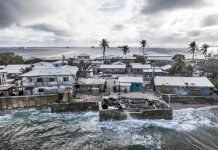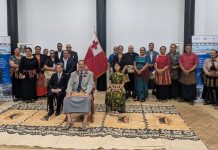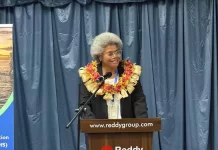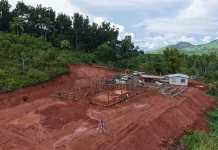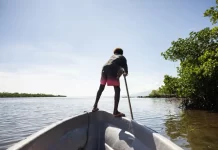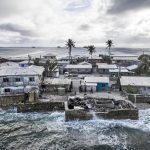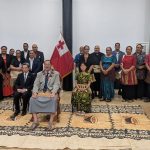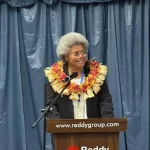Fiji’s Prime Minister Sitiveni Rabuka has warned of the growing threat of stronger, more frequent cyclones, calling for global action on climate change.
He acknowledges Fiji’s progress but challenged other nations to do more, stressing that inaction elsewhere still puts the region at risk.
Speaking at the 61st Munich Security Conference, Rabuka urged world leaders to prioritise the climate crisis, highlighting its devastating impact on vulnerable nations.
“Most Pacific Island territories have met their carbon emissions targets and reduced their emissions. However, even as all Pacific island nations achieve their targets, they continue to witness rising sea levels, with cyclones becoming more frequent and severe. Therefore, it is a universal effort; it depends on what other countries are doing.”
With entire communities being forced inland due to rising seas, Rabuka called for urgent global action, insisting that small states should not be left to face climate devastation alone.
Meanwhile, a proposed framework for a voluntary carbon market is set to be tabled for government consideration, offering new opportunities for traditional forest owners, leaseholders and carbon emitters in Fiji.
This framework aims to enable resource owners to directly engage with foreign carbon markets, providing a pathway for the country to contribute to global climate action while benefiting from carbon offset programmes.
The consultation process for the framework is underway, hosted by the First Nation (Fiji) Resources Foundation.
According to Deborah Hadassah Duaibe, a representative from the foundation, the framework will include recommendations based on feedback received during the consultation.
“This kinds of things keeps the Carbon sharks at bay because there’s a lot of middlemen coming in to Fiji trying to portray themselves well for indigenous people, they’re not they’re just people, like any other people, there’s nothing wrong with them making money, but the question we must ask ourselves as landowners do we benefit or are we just getting Five percent of the deal.”
These suggestions will help shape the standards, guidelines, and pathways that will govern interactions between carbon buyers and resource owners in Fiji.
The framework is poised to open up a revenue stream for traditional forest owners and leaseholders by facilitating their participation in international carbon markets.
By setting clear guidelines and standards, it will ensure that carbon trading is carried out fairly and transparently, benefiting local resource owners while contributing to global efforts to mitigate climate change.


